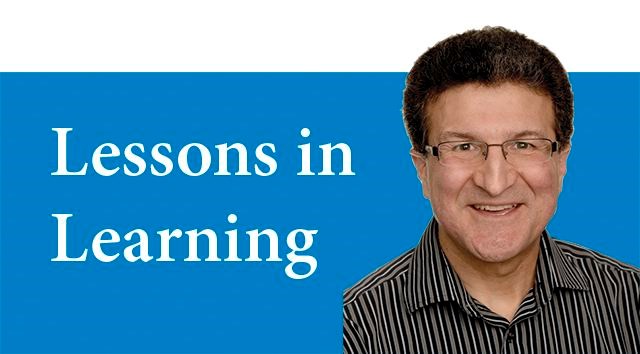Much of the world was shocked when the American populace elected Donald Trump as president.
Many have reacted with fury.
How could a man who spews racist and misogynistic rhetoric be chosen to lead such a powerful country?
Not only did it happen, it happened less than six months after the United Kingdom voted to leave the multi-ethnic European Union, and at a time when anti-immigrant political parties are growing in popularity in many other countries.
Has humanity taken a step backward? Are we destined to live in a world of racism, sexism and isolationism?
Ancient Chinese philosopher Lao Tzu tells us, "The key to growth is the introduction of higher dimensions of consciousness into our awareness."
While it is easy to point to the fact that many Trump supporters were white men and that most women and minorities voted against him, if we scratch the surface we can see that there were other factors at play.
Many Americans are clearly fed up with the political system as it is. Keep in mind that Trump was ridiculed by many long standing members of the Republican Party. The difference is that they still chose him as their candidate, while the Democrats chose an insider, a person long associated with their party.
The people who voted for Trump, and for Brexit, and who are supporting other similar ideologies, clearly disagree with the liberalist ideology that they have been hearing since the end of the Cold War. The fact that we are shocked when the votes are counted is evidence that we have not been listening to their voice of opposition.
The problem is perhaps that in today's "politically correct" world, there are too many taboo topics. People avoid speaking their opinions because they are afraid of being labeled as racist, sexist or closed-minded. This can indeed be very dangerous in a democracy.
Fortunately there is an alternative, and it was taught to me by a group of teenagers.
In my Grade 12 Social Justice class, I encourage students to do research and present a project on a genocide or human rights issue that is of interest to them. One student approached me and said, "I would like to present on abortion as genocide."
I have to admit that I panicked a bit and went to my principal. His response was, "You have to let her do it." I took this to mean that freedom of thought is vital to our educational system. My job was to guide my student in doing credible research and presenting her findings in a way that was understandable.
The result was unbelievable.
The students not only listened to our presenter, they replied with thoughtful, alternative views. No one judged anyone else and they agreed to disagree. They came away with an understanding of people on the other side of the issue, and perhaps an openness to considering their point of view.
This is in stark contrast to a Canadian political system, which does not even have the courage to create a law on abortion.
If we are going to build a better world that is not subject to extremism, we need to really listen to the hopes and fears of our neighbours. This applies not only to those who hold political office, but to all citizens, especially those of us in positions of influence. When we really listen to others, we will normally find that they are more open to our points of view as well. From there we can work together to build a world that is truly synergistic and democratic, a world where everyone wins.
The Trump victory is not a disaster for humanity, it is simply a lesson that we needed to learn along the way.


